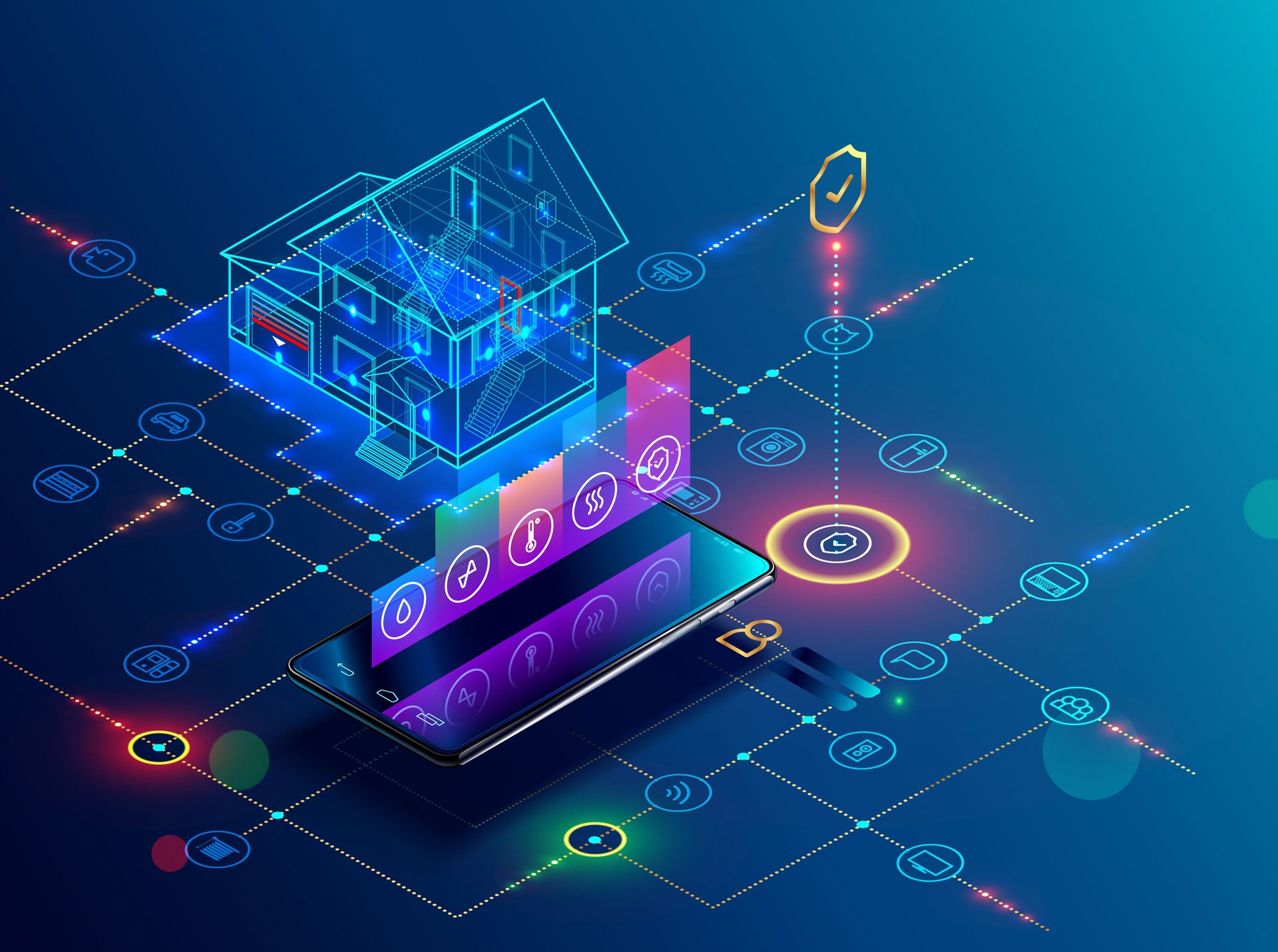
The main purpose of a smart home is to enhance convenience, comfort, security, and energy efficiency by integrating various technologies and devices into a centralized and automated system. Smart homes utilize connected devices, often controlled remotely through a smartphone, tablet, or voice commands, to automate and manage different aspects of daily life.
Key purposes and Advantages of a Smart Home Include:
Convenience: Smart homes offer convenience by automating tasks. For instance, you can control lighting, thermostats, home security systems, and even appliances remotely or through scheduled settings, making daily activities easier and more efficient.
Comfort: Automated climate control, smart lighting, and entertainment systems allow for personalized settings that adjust to preferences, providing a more comfortable living environment.
Security: Smart homes offer enhanced security with features like smart locks, surveillance cameras, and motion sensors. Remote monitoring and control give homeowners the ability to check on their home's security from anywhere.
Energy Efficiency: Automation of energy-consuming devices allows for better energy management. Smart thermostats, lighting controls, and energy-efficient appliances can help reduce energy waste and lower utility costs.
Customization and Personalization: Smart home technologies can be tailored to suit individual preferences and routines, adapting to the unique needs and lifestyles of homeowners.
Remote Monitoring and Control: The ability to monitor and control various systems and devices from afar provides peace of mind and flexibility. This could be turning off lights, adjusting the thermostat, or checking security cameras from a remote location.
Integration and Connectivity: Different smart devices can be interconnected to work together, creating a cohesive system where devices communicate and operate in harmony, offering a more unified and efficient home environment.
Future-Proofing: As technology evolves, smart homes are designed to accommodate new devices and capabilities, making them adaptable to future technological advancements.
In essence, the primary goal of a smart home is to simplify and improve everyday life by automating routine tasks, optimizing energy usage, enhancing security, and providing homeowners with greater control and convenience over their living spaces.
Thank you.